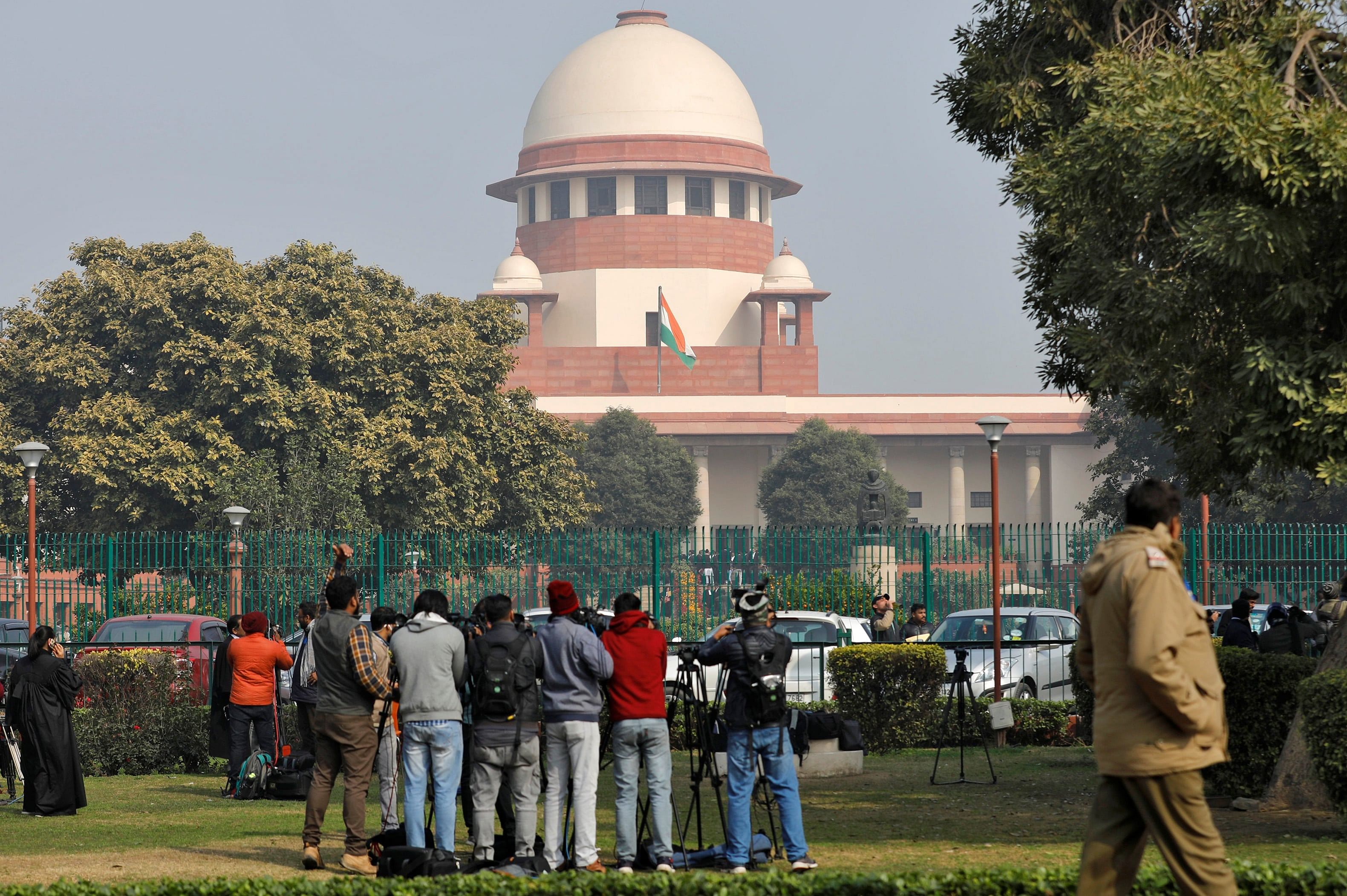
The Supreme Court on Wednesday decided to consider from July 27 on a day-to-day basis a matter concerning validity of reservation for Marathas in jobs and education in Maharashtra.
The case arose out of Bombay High Court allowing 12 to 13% reservation for Marathas.
A bench of Justices L Nageswara Rao, Hemant Gupta and S Ravindra Bhat refused to stay the High Court's order allowing the reservation, saying the court had earlier too declined to grant any relief by interim order.
"It is better if we hear out the matter," the bench said.
The court also made it clear that the hearing would take place in virtual mode as chances of physical functioning of courts were bleak due to Covid-19 pandemic.
During the brief hearing, senior advocate Shyam Divan, appearing for petitioners, contended there was a whole group of post graduate students whose careers were at risk as a huge chunk of 12 to 13% reservation has marred their chances. The percentage of reservation has gone upto 73%.
He sought interim relief and also emphasised at physical hearing.
Divan questioned validity of the High Court's order asking if it was not bound by the Supreme Court's nine-judge bench decision (Mandal Commission case), putting a ceiling of 50 % reservation.
The court asked the parties to chalk out modalities for hearing the matter.
The top court had on July 12, 2019 directed that the Maratha reservation in jobs and education can't be applied with retrospective effect.
Jaishri Patil and others challenged the validity of the high court's June 27, 2019 order for applying 12 to 13% quota since 2014. The petitioners claimed that the decision had breached the 50-per cent ceiling on reservation fixed by the apex court in its landmark judgment by the nine-judge bench in the 'Indra Sahwney' case (1992), also known as the "Mandal verdict".
